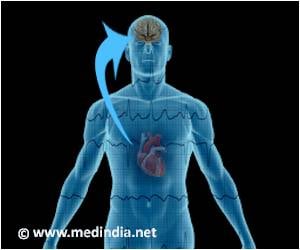
For the study, researchers investigated whether pacemaker checks could be used to identify patients with asymptomatic AF who could then be given anticoagulation for stroke prevention. The average time between pacemaker checks and AF diagnosis was found to be 6 months. Only about over one-third of patients waited 12 months between checks to discover they had AF.
Dr. Denham said, "Stable patients have pacemaker checks every 12 months but our results support more frequent monitoring to identify AF. Otherwise patients are at increased stroke risk and are left unprotected."
Dr. Denham further added, "One-third of people with AF don't know they have it so we need to use all of the tools available to recognize it. Our study suggests that pacemaker checks are a good way to identify new cases of AF so that anticoagulation can be started to prevent strokes."
The study was presented at Acute Cardiovascular Care 2015.
Source-ANI















